SUMMARY
This is AI generated summarization, which may have errors. For context, always refer to the full article.
![[OPINION] Leila de Lima’s ham sandwich](https://www.rappler.com/tachyon/2023/05/tl-delima.png)
There is a rather curious legal conundrum unraveling in the US, a distant mirror not simply reflecting an ugly all-too-familiar image but reflected off an allegorical beacon-on-a-hill for the democracy we once held precious, the questions of law and the abuse of the justice system it raises are portents of a society gradually decaying as ours has been in recent years.
It is about weaponizing laws for political ends.
The word “weaponize” is a shibboleth that has not simply been integrated in everyday lexicon, but its uses extend to almost anything disturbing about the government now afflicting us. Note a quick litany of how, like burial cloth, the wanton weaponization of the justice system shrouds basic rights once enjoyed when our democracy was still true and free.
The examples are legion. See how the reckless weaponization of the libel law has been used to harass journalists, creating a chilling effect that curtails free speech and open discourse. See where the power to grant congressional franchises has been used to censor, dismantle, and destroy critics. See where the Anti-terror Act has been used to red-tag teachers, entertainers and even the clergy.
The case in distant New York starts rather quietly with an accusation of bookkeeping errors and the mislabeling of business expenses under the wrong T-account. In business, a T-account is a set of financial records for a single transaction employing double-entry bookkeeping where a credit column is counter-balanced on the opposite by a debit. The case in question concerns legal expenses for un-invoiced legal fees.
In Manhattan, if wrongdoing were proven, the error in entries would be considered a misdemeanor, carrying a fine with a statute of limitations of not more than two years. This prescriptive period can only be extended if the respondent were not to be found.
On this issue, the analysis of at least three legal scholars is most revealing and relevant to similar issues in our neck of the woods.
Alan Dershowitz, a Democrat, is professor emeritus of law at the Harvard Law School. Dershowitz’s passion for the legal system is unmatched. He is America’s “most peripatetic civil liberties lawyer” and is one of the most distinguished defenders of individual rights.
Likewise a Democrat, Jonathan Turley is a Doctor of Laws at the John Marshall Law School and a professor and legal scholar at the George Washington University Law School. He is the second most cited law professor in the United States and is ranked 38th among the most cited public intellectuals.
Gregory Jarrett is a Republican. He is a best-selling author, a defense attorney, a former law professor and legal analyst.
Similar aberrations
Let us focus on essential legal concepts. Shorn of partisanship, these three among many other legal scholars have narrowed down the absurdity in New York to at least four key issues, three of which directly and uncannily mimic aberrations infecting our justice system, affecting not simply a reputable senator but victimizing the greater public as well.
The first issue is jurisdiction. The New York District Attorney cannot prosecute federal-level charges, specifically a manufactured felony grafted from state misdemeanors and then elevated to involve nationwide elections.
Note jurisdictional issues raised when a Philippine public official and former senator was accused of drug trafficking committed while in office. The Sandiganbayan was created for such a purpose and not trial courts. However, when the jurisdiction issue was raised to the Supreme Court, the petition was denied on the basis of the “hierarchy of courts” precept.
The second similarity is the matter of false witnesses. In the case filed in New York, critical testimony hinges on the credibility of a convicted criminal. Multiply that severalfold and apply it to the charges brought against the Philippine senator based also on testimony by convicted criminals serving time.
The third similarity is the technical absence of a crime. In the case in New York, the accusation of a federal felony proceeds from a precedent crime. However ,the indictment specifics do not identify this precedent. If the bookkeeping error is the basis, which is at most a misdemeanor, then the statute of limitations on it has long lapsed.
In the cases filed against former senator Leila de Lima at the regional trial court level, critical prosecutorial testimony from incredulous witnesses disappeared when they recanted. That begs the question where, absent key evidence to substantiate a prima facie case, what is there to prosecute if no other evidence holds?
The fourth similarity has little to do with specific statutes and limitations but involves a heavy dose of partisan politics. The case in New York directly impacts the 2024 presidential elections where the accused is a front-runner. Politics is likewise the suspected elephant-in-the-room in the case of the drug trafficking charges hurled against De Lima.
At least, the Americans have an excuse for their myopia. They follow the Grand Jury system inherited from the British. Under Federal Law, since 1992 a grand jury need not be informed of exculpatory evidence by prosecutors. Hence, it is virtually blind-sided at that initial stage, allowing avenues for weaponization on the basis of politics.
Thus, under a grand jury system, it is possible to indict even a ham sandwich. In the accusations charged against De Lima, the retraction of the witnesses against her is essentially exculpatory. It validates what we have all known. Hopefully, true justice prevails. – Rappler.com
Dean de la Paz is a former investment banker and managing director of a New Jersey-based power company operating in the Philippines. He is the chairman of the board of a renewable energy company and is a retired Business Policy, Finance, and Mathematics professor. He collects Godzilla figures and antique tin robots.
Add a comment
How does this make you feel?
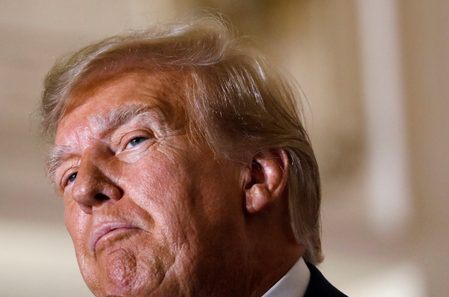
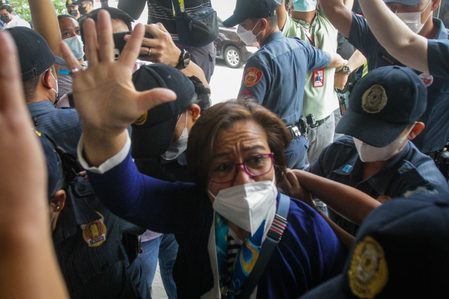
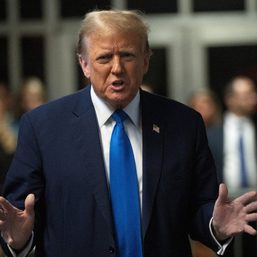
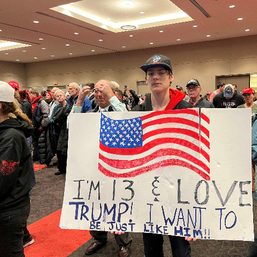
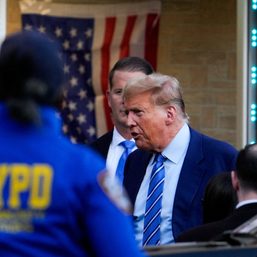
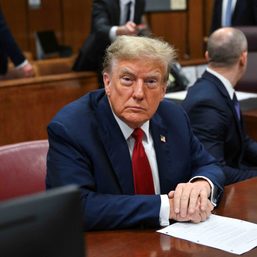
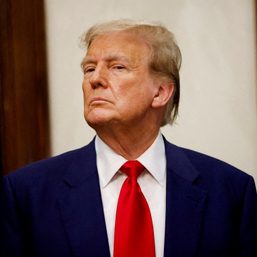
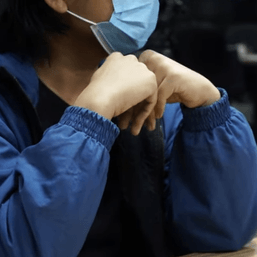
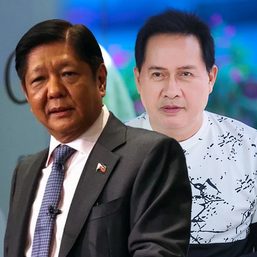



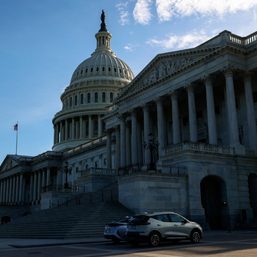



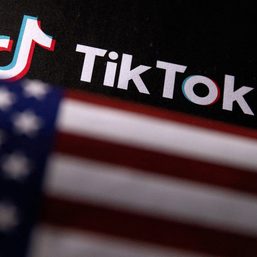
There are no comments yet. Add your comment to start the conversation.